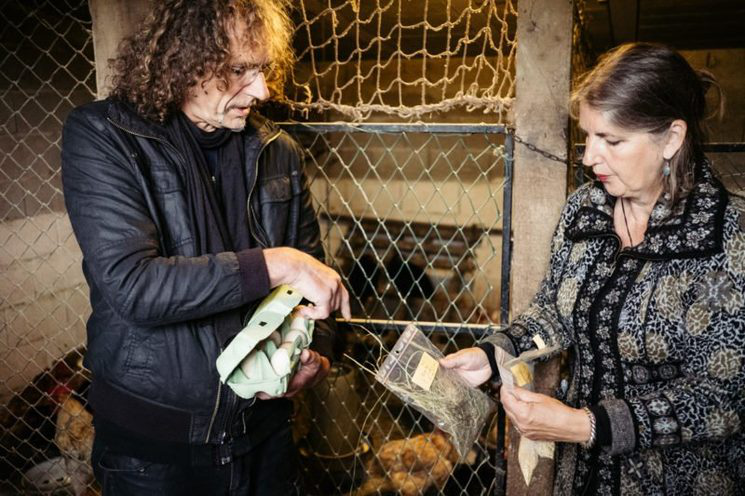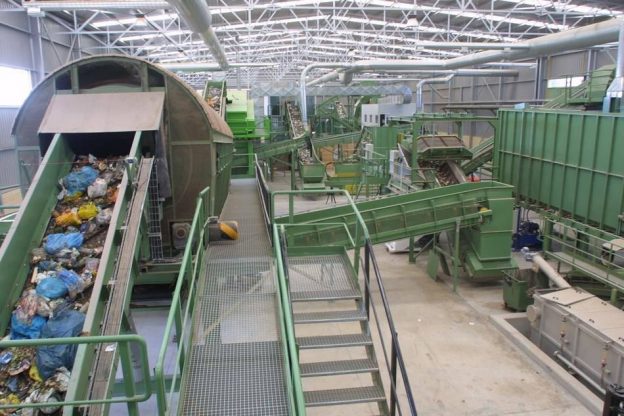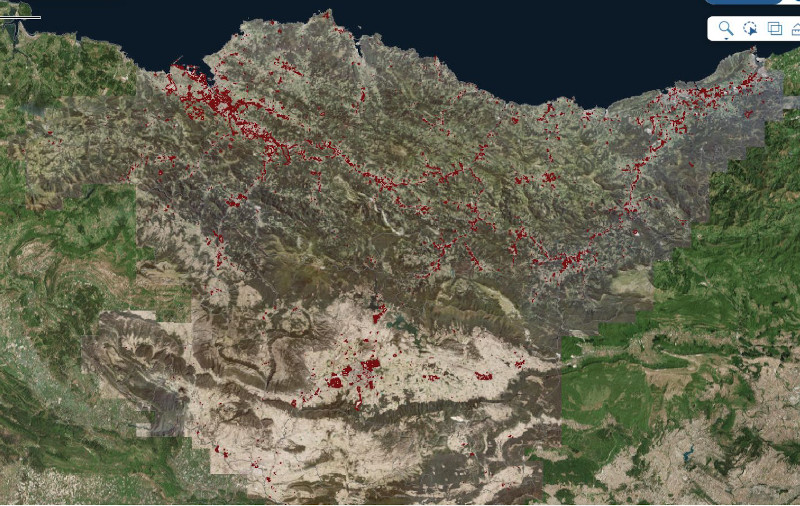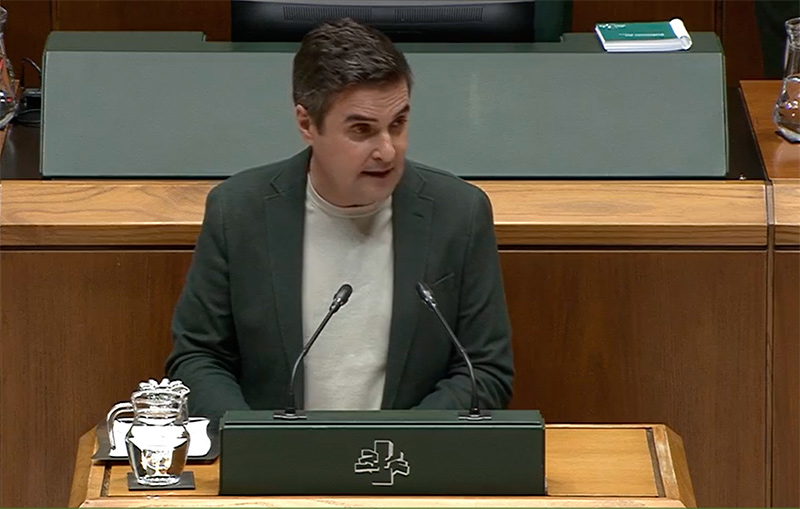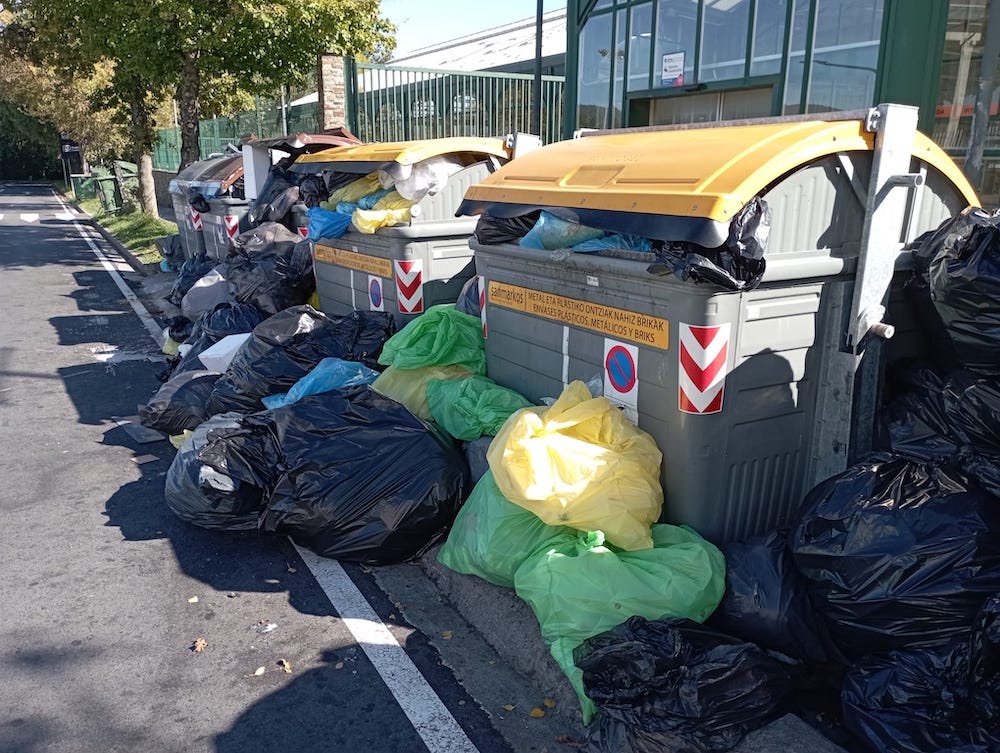The world's recycling data leaves a disturbing picture.
- According to the report The Circularity Gap Report, raw material consumption increased in 2017, surpassing for the first time the 100 billion tonnes of raw materials used in the market. Along with this frantic consumption, circular economy data worsened that year: Data decreased from 9.1% of material reuse to 8.6%, according to data from La Vanguardia.
To explain these poor recycling data, experts have stressed that the increase in the economy has directly influenced, as the growth of the global economy in recent years implies the consumption of raw materials and, therefore, the dumping of materials that could be reused.
Not only the economy, but also the world's population has been on the rise. In fact, the number of people living on the planet has doubled in 50 years, and not only that, but these people consume four times more.
Countries around the world are far from the recommended recycling rate. The European Commission included in its 2030 targets the reduction of the rate of non-recycled waste to 10%. Current data, however, are far from there, by 24% – and of this percentage lies outside incinerated materials. Nothing to say about the Spanish State: The percentage of waste destined for landfill is 54%, higher than the European average.
Experts agree on the lack of incentives on the part of governments to reduce the amount of waste, as society is not aware of the problems this may entail.
Lehengai anitzekin papera egitea dute urteroko erronka Tolosako Lanbide Heziketako Ikastetxe Integratuko kimika industrialeko ikasleek: platano azalekin, orburuekin, lastoarekin, iratzearekin nahiz bakero zaharrekin egin dituzte probak azken urteotan. Aurtengoan, pilota... [+]
The City Hall of Donostia-San Sebastián announced at last Thursday’s plenary session that it will increase the waste rate by 26.5% from January 2025, claiming that Waste Law 7/2022 obliges this. Eguzki, for its part, has denounced that the law only applies in terms of costs,... [+]
August is the holiday month for many people, including those who rule. And yet it is common to take advantage of the month of August to deal with some issues without much noise, albeit of great importance.
This is what is happening with the project to centralize sludge... [+]









